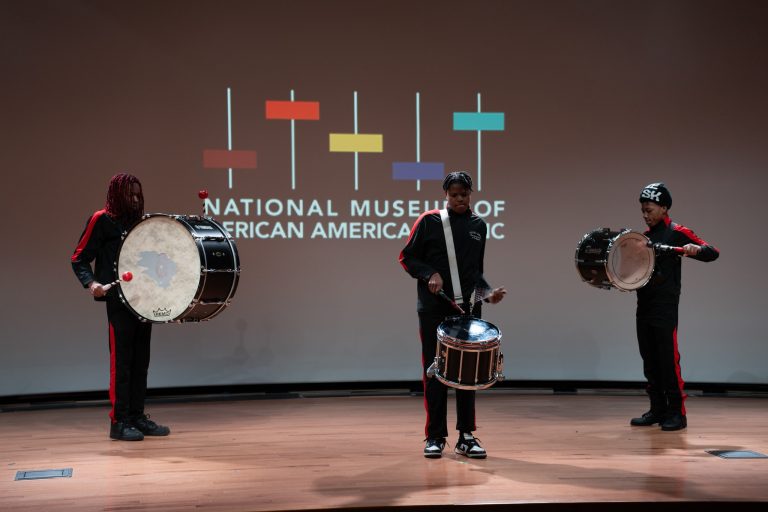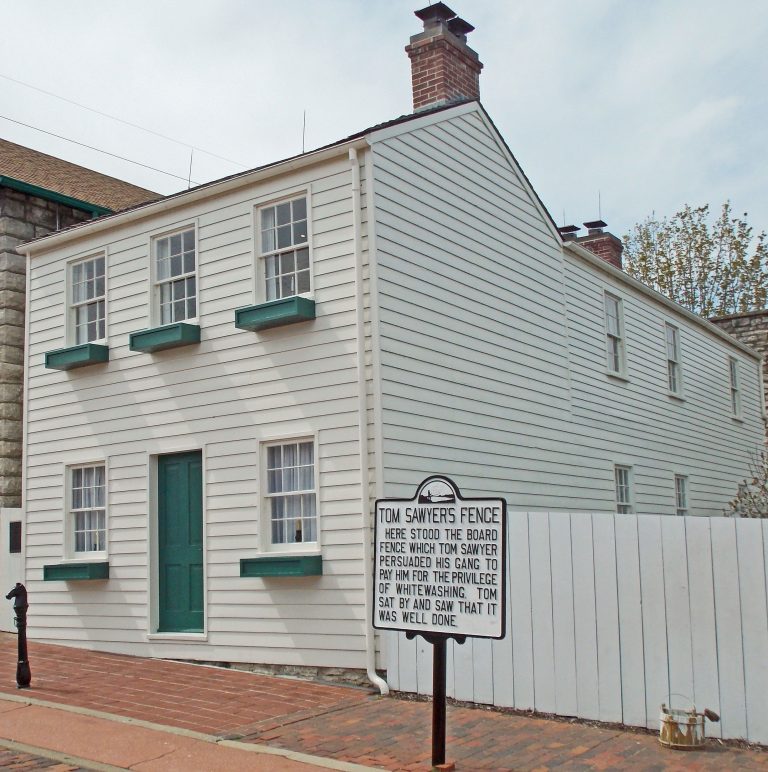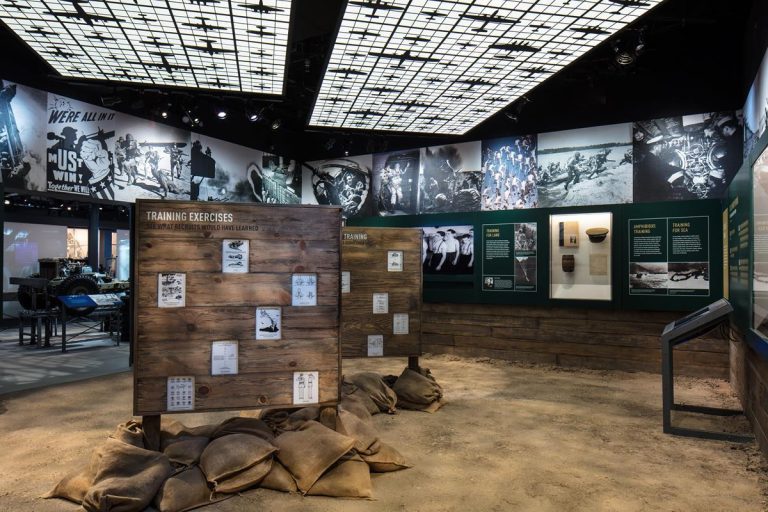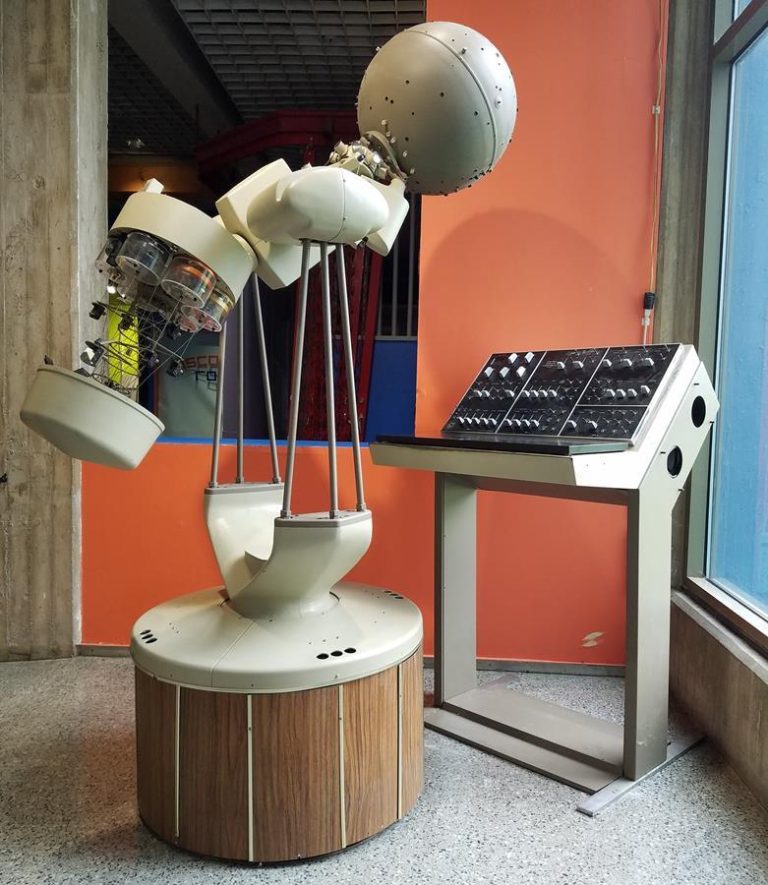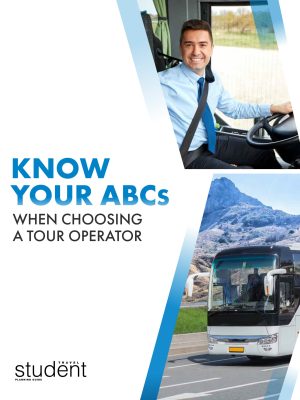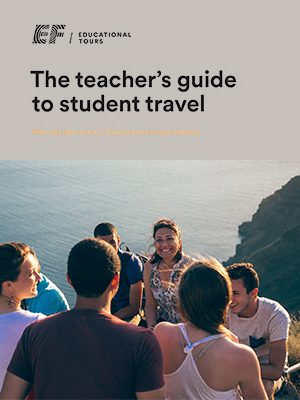Discover rich history through authentic immersive experiences throughout Jamestown and Yorktown
Historical sites are defined by their significance in cultural, political or social history. They offer a unique educational setting that goes beyond traditional classrooms. By engaging with artifacts, architecture and landscapes, learners can contextualize historical events and explore the stories behind them. One of the most significant advantages of an interdisciplinary approach to education is the enhancement of critical thinking skills. These approaches encourage learners to analyze information from multiple perspectives, developing a deeper understanding of complex subjects.

Educational Experiences
At Jamestown Settlement and the American Revolution Museum at Yorktown, learners are greeted by galleries and living history areas that explore the complex histories that came from the convergence of Indigenous, European and African cultures, and the legacies that began at the founding of the first permanent English settlement in Tsenacommacah (Virginia) in May 1607. Students work with educators and interpreters in learning stations to explore how technology intersects with the past for hands-on lessons. In time for the 250th anniversary of the signing of the Declaration of Independence, the museums offer immersive learning experiences about early America, its impact and relevance today.
JAMESTOWN SETTLEMENT
At Jamestown Settlement, learners engage with 17th-century history and culture, exploring the lives of the Virginia Indians who occupied the landscape for centuries. Students can learn about the arrival of English colonists in 1607 and the first documented arrival of West Central Africans in 1619, which led to cultural encounters and events that planted the seeds of a new nation.
Groups can investigate the challenges faced at sea during the 17th century aboard larger-than-life re-created ships that carried settlers across the Atlantic. Deepen learning with interactive experiences at the replica Powhatan village and colonial fort, where demonstrators perform authentic period duties, from blacksmithing to farming and food prep.
Science and technology are integral in civilizations at different ages, and the education and interpretive staff at the museum work hard to show that technology is more than just phones and tablets. Students will understand how science, agriculture, trade, and navigation contributed to the establishment of one of the first English settlements in America.

AMERICAN REVOLUTION MUSEUM AT YORKTOWN
At the American Revolution Museum at Yorktown, students can learn about the math and science involved in firing various pieces of artillery and flintlock muskets during the Revolutionary War, satisfying STEM-focused lessons. History comes to life during live demonstrations and authentically re-created historical spaces, which connect to early government and civics-related topics.
Situated in Historic Yorktown, the site of General Cornwallis’ 1781 surrender that assured victory for the fledgling nation, the museum invites learners to explore galleries on the causes of colonial tension, perspectives on the American Revolutionary War, and the aftermath as the country began to form. Two living-history areas examine the Continental Army and a Revolution-era farm and homestead from the period.
The Continental Army encampment brings the soldier experience to life through costumed interpreters, live musket drills and historical demonstrations, providing enriching and memorable learning opportunities. Ascertain battlefield medicine and medical practices and what camp life consisted of for Revolutionary War heroes.
A Revolution-era farm allows visitors to discover how families survived during wartime and the region’s agricultural history. Examine artifacts, personal stories and immersive films that draw on the complexities of the Revolution and how it transformed the lives of those who lived through it.
These sites offer transformative learning experiences for students, combining American history, civic engagement, culture, and government into a single, exciting field trip. The combination of hands-on exhibits and activities, paired with captivating storytelling and authentic artifacts, makes learning tangible and unforgettable.
 Contact
Contact
Felicia Abrams, Education Administrator
(757) 253-4838
Felicia.Abrams@jyf.virginia.gov



